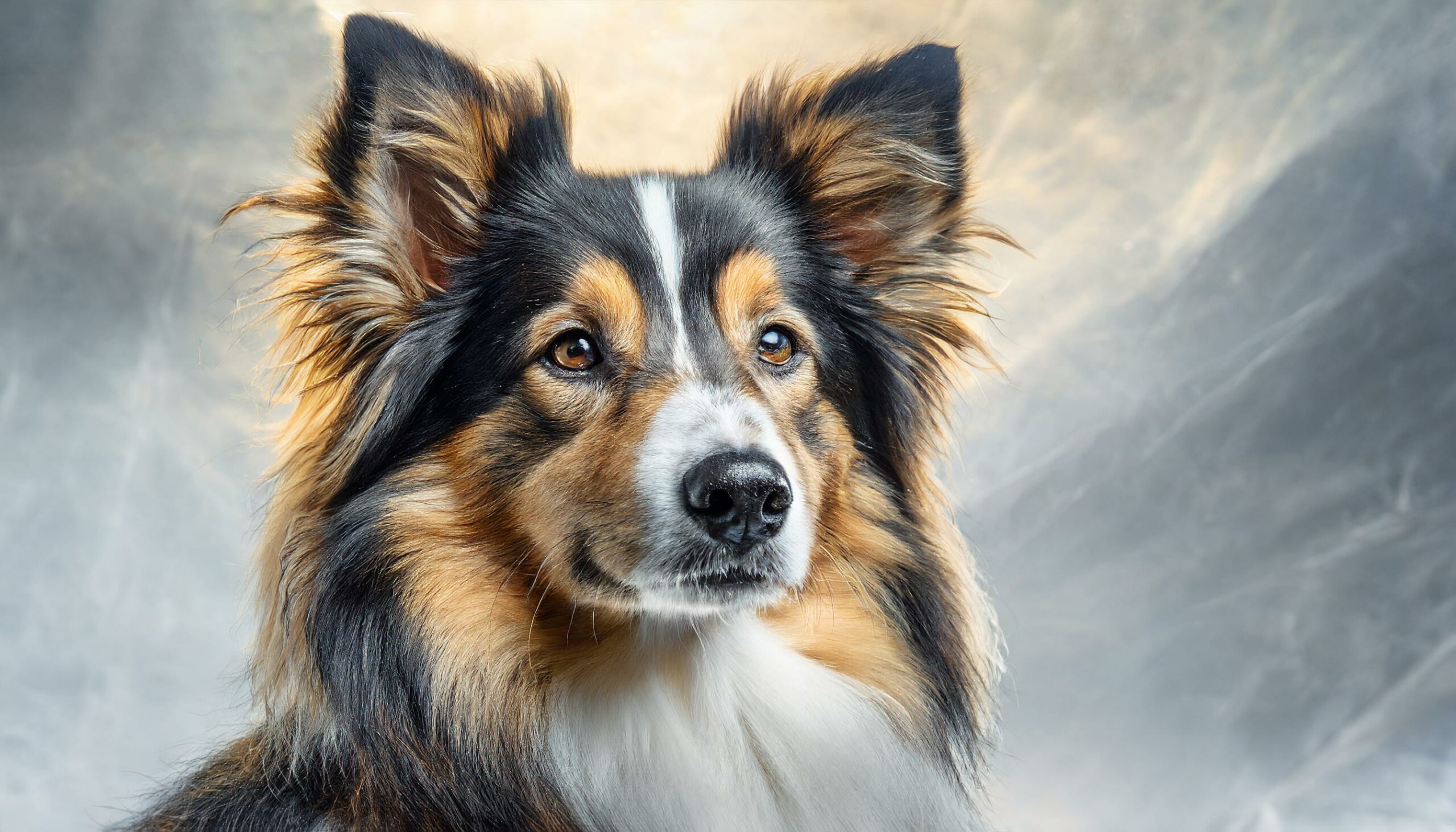The Norwegian Lundehund, a small and remarkable breed, stands out not only for its historical role as a puffin hunter along the Norwegian coast but also for its unique physical adaptations. With its ability to maneuver and navigate the narrow crevices of puffin nests, the Lundehund possesses extraordinary flexibility, including the ability to tilt its head backward over its shoulders, a feature unmatched by any other dog breed. This profile explores the Norwegian Lundehund’s origins, distinctive physical traits, temperament, care requirements, and its transition from a specialized working dog to a cherished companion.
Origins and History
The Norwegian Lundehund, also known as the Norwegian Puffin Dog, hails from the remote islands of northern Norway, where it was developed to hunt puffins and their eggs. The breed’s name, “Lundehund,” translates to “puffin dog” in Norwegian, reflecting its specialized role. Lundehunds were prized for their ability to navigate steep cliffs and narrow passages to reach puffin nests, a task for which they were uniquely adapted through centuries of selective breeding. With the outlawing of puffin hunting in the 1800s and the decline of puffin populations, the Lundehund’s numbers dwindled, nearly leading to its extinction. Conservation efforts in the 20th century helped to preserve the breed, which is now celebrated as a part of Norway’s cultural heritage.
Physical Characteristics
Norwegian Lundehunds are small, spitz-type dogs, standing about 12 to 15 inches at the shoulder and weighing 20 to 30 pounds. They possess several unique physical characteristics adapted for their hunting role, including six toes on each foot, ears that can close to seal out dirt, and an extremely flexible neck. Their coat is dense and rough, providing insulation against harsh climates, and comes in various shades of red and sable, often with white markings. The Lundehund’s alert expression and agile body reflect its curious and energetic nature.
Temperament and Behavior
Norwegian Lundehunds are known for their playful, friendly, and inquisitive temperament. They form strong bonds with their families, thriving on companionship and affection. Despite their historical role as working dogs, Lundehunds are adaptable and can enjoy a variety of activities, including hiking, agility, and obedience training. Their intelligence and problem-solving abilities make them engaging pets, though their independent streak may require patience and creativity in training. Early socialization is important to ensure they become well-adjusted and sociable adults.
Care and Health
The Norwegian Lundehund’s coat requires regular grooming to maintain its condition and minimize shedding. They are relatively low-maintenance in terms of grooming but benefit from regular exercise to manage their energy levels. Lundehunds are generally healthy, but they can be prone to certain unique health issues, including Lundehund Syndrome, a set of gastrointestinal disorders. A balanced diet, regular veterinary check-ups, and attentive care are crucial for their well-being.
Training and Socialization
Training a Norwegian Lundehund can be both challenging and rewarding, given their intelligence and independent nature. They respond well to positive reinforcement and training methods that stimulate their curiosity. Consistency and patience are key, as is providing variety in their training routines to keep them engaged. Socialization from a young age is essential to help Lundehunds become comfortable with different people, animals, and environments, enhancing their natural sociability.
The Norwegian Lundehund in the Family
The Norwegian Lundehund makes an excellent family pet for those who appreciate a dog with a unique history, adaptable personality, and affectionate nature. Their moderate size and friendly disposition make them suitable companions for a range of living situations, as long as they receive sufficient attention and mental stimulation. For families and individuals seeking a dog that embodies the spirit of Norway’s coastal heritage with the qualities of a loving companion, the Norwegian Lundehund is an exceptional choice, offering joy and companionship to its human family.
In conclusion, the Norwegian Lundehund stands as a breed of extraordinary adaptability, historical significance, and charming personality. With its unique physical traits and playful temperament, the Lundehund continues to capture the hearts of dog lovers worldwide. For those willing to provide the necessary care, exercise, and training, the Norwegian Lundehund offers a rewarding and enriching relationship, serving as a devoted companion and a living link to Norway’s puffin-hunting past.
